
MBOUR, 31 May 2006 (IRIN) - In this busy fishing port south of the Senegalese capital, the talk is all about the lack of fish and cash and the fortunes waiting to be made in the murky waters of illegal migration.
Mbour, a bustling smelly town 80 kilometres south of Dakar, lies a bare 1,500 kilometres – just a few days’ boat-ride away - from Spain’s Canary Islands, believed to be the Atlantic ocean gateway to a life of plenty in Europe, for those who make it across the seas. The long wooden boats painted in bright blues and yellows and reds that ferry growing numbers of would-be migrants from Senegal’s beaches to the high seas, are called “Mbeukk-mi”, or wave-crashers in Woloff, and are crafted here and elsewhere along the Senegalese shoreline.
The long wooden boats painted in bright blues and yellows and reds that ferry growing numbers of would-be migrants from Senegal’s beaches to the high seas, are called “Mbeukk-mi”, or wave-crashers in Woloff, and are crafted here and elsewhere along the Senegalese shoreline.
“One day I saw people placing benches and passenger seats in a boat and realised this wasn’t for a fishing trip, this was for illegal migrants,” said Moustapha Samb, who would love to go himself but hasn’t managed to save the US $800 or more required for the passage.
Fisherman Pape Coly Ndiaye, currently hanging out hoping for a bit of work, also dreams of departing. “I used to be against this, but now we fishermen can no longer afford petrol for the boats, and fish are scarce. The only solution is to ride the waves.”
Fishing is Senegal’s top export earner, but Ndiaye says that after 10 fishing expeditions he has saved only a pitiful 100,000 CFA francs (US $195). That is a drop in the ocean compared to the 20,000 CFA francs a day that his mates say they are making in Europe.
Police crackdown
Poverty and unemployment are driving more and more young men onto the boats. In the last two weeks alone, 20 boats have been seized and more than 2,000 illegal migrants plucked from seas off the Senegalese coast and arrested, according to the country’s Cell Against Illegal Emigration. On Monday alone, 500 people were detained. On Tuesday, more than 300 shipwrecked Senegalese who foundered on beaches in Morocco in the last weeks were flown home, along with the corpses of seven people who drowned trying to make it to the Canary Islands.
Among those arrested in the last fortnight, 60 were believed to be traffickers and police seized many millions of banknotes. The vast majority of the would-be migrants picked up, who had sailed from coastal Mbour and Rufisque in the south, Saint Louis in the north, but also from the seaside suburbs of Dakar itself, were Senegalese. But police also brought in nationals from Ghana, Liberia and Cote d’Ivoire.
“Since these arrests the situation has improved,” Mbour Police Chief Mamadou Diagne told IRIN. “The sudden wave of departures appears to have been due to rumours that the first migrants to leave Senegal reached Spain without problem, and that they were given work immediately on the request of the Spanish government, because of a shortage of labour.”
The Canary Island authorities have been swamped by the arrival of record numbers of illegal immigrants – almost 9,000 so far this year against the 2002 record of 9,929 for the entire year. As most cannot be repatriated because they have no papers, those without ID papers are simply flown on to Spain from the seven-island archipelago at no cost.
Faced by a potential tidal wave of people, the Spanish authorities have dispatched a special envoy to West Africa tasked with offering economic help to keep people at home and persuading leaders to sign repatriation deals enabling the return of illegal migrants. And European nations plan to rush patrol boats to seas off the West African coast to help curb the traffic.
Fishermen turn to trafficking
With more and more people queuing up to get rich quick, Senegal’s bright-eyed fishermen have been quick to sniff out the possibilities for profit in this business.
“These are not trafficking networks we’re dealing with, but people who buy boats, find passengers and organise the trips individually. They can make 40 million CFA francs a trip (US $80,000), which after deducting costs will bring in 30 million CFA francs (US $60,000) of profit,” the police chief said.
To escape police detection, smaller boats are used to ferry little groups of migrants out to the larger vessels waiting out at sea.
The business of transporting people instead of fish has sharply inflated the price of Senegal’s sleek traditional fishing boats. The 20-metre long vessels now go for up to three times their usual cost of two to three million CFA francs.
“Some boats have sold for as much as seven or eight million in Mbour, which is far more than their owners would make from a year’s fishing,” said young fisherman Ndiaye.
Veteran fisherman Badou Ndoye, who heads the local fishermen’s association, nodded in approval of this new line of business. “If I’d realised straight off I would’ve sold my boat, which is in far better state than many I’ve seen sold for the Canaries, and I would’ve organised my team as well.”
“We’re not afraid of drowning”
Ferrying migrants to the Spanish islands required little investment, Ndoye told IRIN, just two working engines and 23 200-litre drums of petrol to get to the islands and back. Just one trip would have earned him 10 ten times the bank loan he is still struggling to reimburse, he said.
“We have nothing nowadays. A boss like myself can be forced to leave his boat for days on the beach because he can’t afford to buy petrol to go to sea. On my last three fishing trips I made a profit of 3,600 CFA francs (US $ 7),” he told IRIN.
“If I were still 45 or 50 I would’ve gone to Spain and I would’ve gone to see a marabout (witchdoctor) to make sure the journey would be profitable. I want money as much as the young fellows do.”
Adventure besides is in the Senegalese fisherman’s blood, said another oldtimer, 66-year-old Mouleina Diouf. “We are not afraid of dying at sea,” he said. “We die in our beds, the only thing we fear is lack of courage.”
The boats, more than often carrying sat-phones and hi-tech GPS equipment, were capable of reaching America, he said. He himself had rowed to Ghana and back without an engine. “Our boys are fishermen, they will not die.”
He added: “We have no choice. The European fishing boats are looting our waters.”
But at the local offices of the state Fisheries Department, inspector Lassana Sadio brushed aside claims of no fish and no cash, saying there was still plenty of work off the Senegalese coast, as well as possibilities of credit. Competition was stiffer, however, he admitted. “Fifteen years ago there were only 200 boats moored here, now there are almost 1,000.”





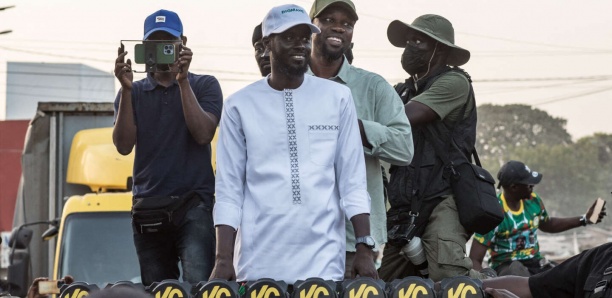


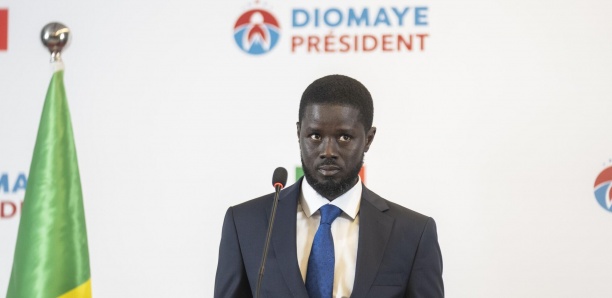

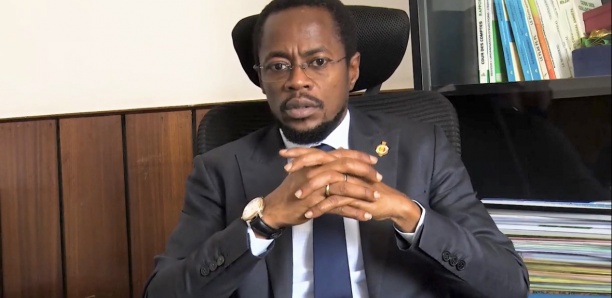


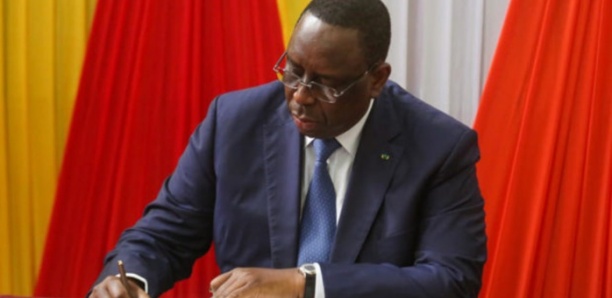

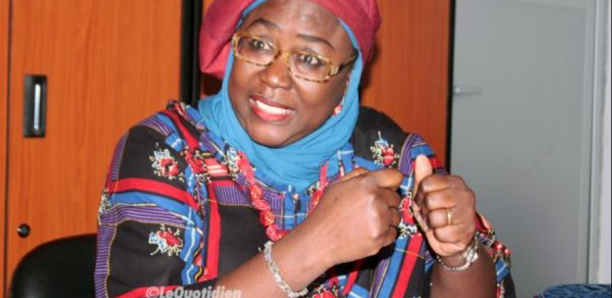

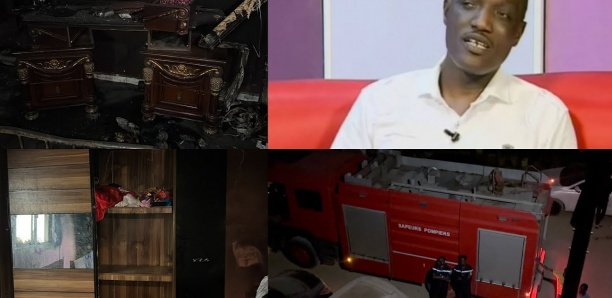






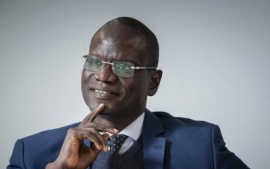



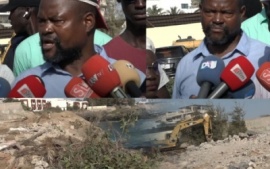

0 Commentaires
Participer à la Discussion